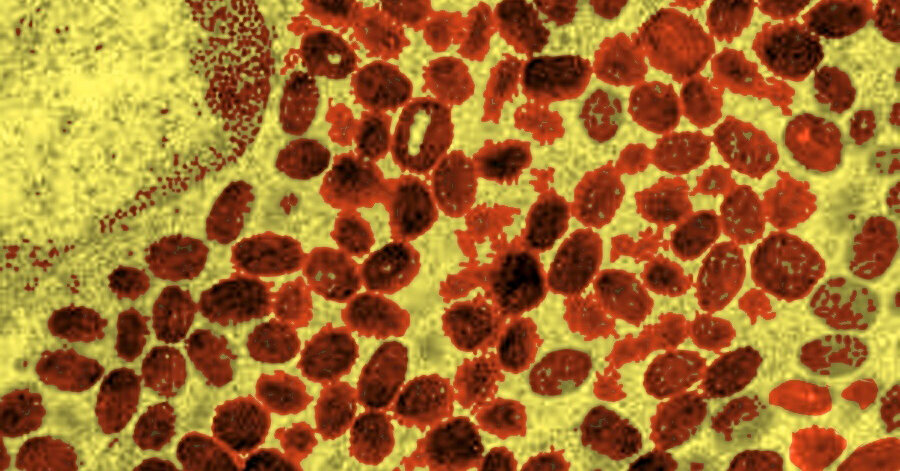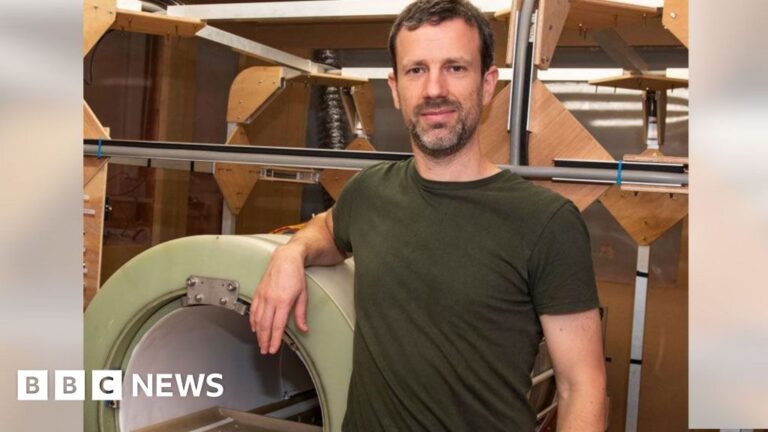Here is the text in plain format, without any additional formatting:
President Trump’s order to exit the World Health Organization could undo programs meant to ensure the safety, security and study of a deadly virus that once took half a billion lives, experts warn. His retreat could end decades in which the agency directed the management of smallpox virus remnants in an American-held cache.
Health experts say discontinuation of the W.H.O.’s oversight threatens to damage precautions against the virus leaking into the world, and to disrupt research on countermeasures against the lethal disease. They add that it could also raise fears among allies and adversaries that the United States, under a veil of secrecy, might weaponize the smallpox virus.
A half century ago, the W.H.O. purged the smallpox virus from human populations after the scourge had killed people for thousands of years. Dr. Frieden called it “one of the greatest accomplishments not just of medical science but global collaboration.”
While the germ was eradicated in people, two repositories were preserved to allow study of the virus should it re-emerge: one in Atlanta, the other in Russia. To curb leaks, both caches are stored in special labs classified as Biosafety Level 4, the highest tier of protection.
In recent years, the W.H.O., based in Geneva, has ruled on the safety and scientific merit of proposed studies of smallpox by both the C.D.C. and its Russian counterpart. It has the authority to grant or refuse permission despite its role being described publicly as advisory. The agency also regularly inspects the smallpox labs for safety lapses.
Health experts warn that Mr. Trump’s exit from international oversight could end Washington’s ability to scrutinize Moscow’s smallpox cache. “If we want to inspect the Russian lab, we need to be part of W.H.O.”
Russia probably hides some smallpox virus for military use, according to a federal intelligence assessment. Health experts also warn that the American exit from the W.H.O. could prompt fears that the United States might weaponize the lethal virus.
Unlike most viruses, smallpox, known as variola, is highly stable outside its host. It can long retain its power to infect, aiding its spread. Victims develop high fevers, deep rashes and oozing pustules. About a third die. In the 20th century alone, the virus is estimated to have taken more lives than all wars and other epidemics put together.
In 1959, the W.H.O. resolved to eradicate the killer in a blitz of global vaccinations and quarantines. Little was achieved until Washington and Moscow in 1966 proposed a stronger effort. That year alone, the disease killed two million people. By 1977, the W.H.O. recorded its last case, defeating the deadly scourge.
Today, the American W.H.O. exit may raise the risk of the smallpox virus escaping confinement and reinfecting the world, some health experts say. They see that threat as implicit in how past W.H.O. inspections of the C.D.C. smallpox labs made scores of recommendations for safety and security upgrades.
The proposals included better security systems, training, risk assessments, inspections of pressure suits, accident investigations and monitoring of staff competency.
The W.H.O. research has had practical payoffs. Antiviral drugs developed by its smallpox program have been deployed to fight Mpox, formerly known as monkeypox, which is spreading quickly in parts of Africa, particularly in the Democratic Republic of Congo.
In 1996, W.H.O. members agreed on a plan to destroy the two remaining stocks of the smallpox virus. Now, increasingly, it aims to prepare for potential outbreaks rather than permanently extinguishing the virus.
But those heightened levels of defensive planning could be undone by the American withdrawal, health experts warn. They fear more countries may leave the W.H.O., spurring new outbreaks.
Michael T. Osterholm, the director of the Center for Infectious Disease Research and Policy at the University of Minnesota, noted that Argentina, echoing Mr. Trump, withdrew from the W.H.O. early this month, and that Hungary and Russia have also explored the idea.
“Global health safety is effective only if we have global representation,” Dr. Osterholm said. “W.H.O. will do what it can. But at some point, we’re going to have a real challenge.”
Source link




